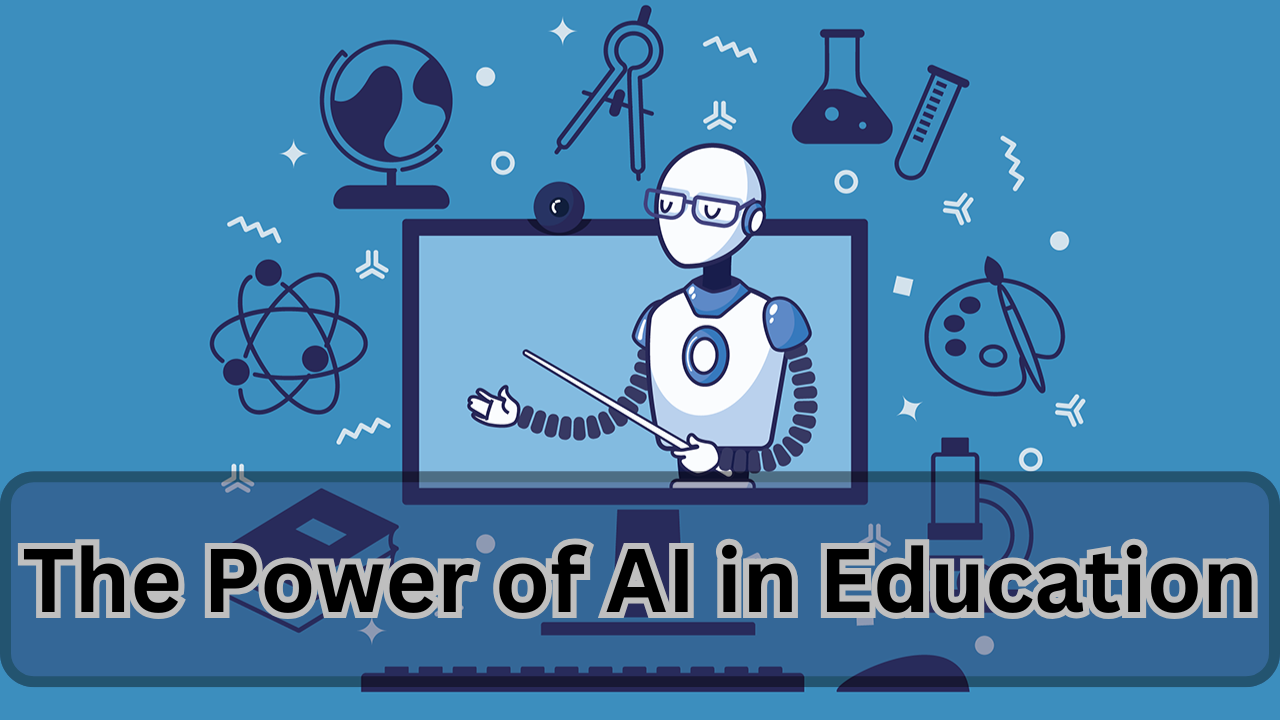In recent months, discussions about the use of AI in education have been widespread. Many argue that students will use tools like ChatGPT to cheat, complete their assignments effortlessly, and, as a result, weaken the education system. However, I argue that with the right safeguards and regulations, these issues can be mitigated. We are on the brink of a significant positive transformation in education through AI. We can provide every student with an intelligent personal tutor and equip every teacher with an advanced AI-powered teaching assistant.
The 2 Sigma Problem and AI Solutions
Benjamin Bloom’s 1984 “2 Sigma Problem” study showed that one-on-one tutoring could improve student performance by two standard deviations (sigma). This means that an average student could become an exceptional one, and a struggling student could perform above average. The challenge, however, was how to scale this kind of personalized instruction. AI now offers a solution to this long-standing problem. Khan Academy has been working toward this goal for over a decade, but with AI, we are now poised to accelerate this progress dramatically.
Khan Academy’s AI Tool: Khanmigo
Khan Academy has developed an AI tool called “Khanmigo,” which provides personalized guidance to students. Rather than simply giving answers, it encourages students to think critically and arrive at solutions on their own. In mathematics, for example, it can identify errors in a student’s approach and guide them toward the correct problem-solving process. This AI assistant is also effective in programming exercises, helping students debug their code and understand their mistakes in real time.
Enhancing Comprehension and Engagement
AI is not limited to solving math or coding problems; it also enhances comprehension and engagement with learning materials. For instance, if a student is analyzing a literary work, the AI can simulate conversations with characters, allowing for deeper understanding. This makes literature more interactive and engaging, helping students develop critical thinking skills.
Addressing the Shortage of School Counselors
Beyond academics, Khanmigo can function as a guidance counselor, career coach, and life coach, addressing the widespread shortage of counselors in schools. Many institutions have high student-to-counselor ratios, making personalized guidance difficult. AI can bridge this gap by offering tailored academic and career advice to students.
AI as a Powerful Tool for Teachers
AI is also a powerful tool for teachers. It can assist in lesson planning, track student progress, and help educators teach more effectively. By automating certain administrative tasks, AI allows teachers to dedicate more time to meaningful interactions with students, ultimately improving the learning experience.
Concerns and Mitigations
Despite the potential benefits, there are concerns about AI’s impact on education. Some fear its misuse and advocate for slowing down its development, while others see it as a natural progression in technological advancement. I believe that instead of fearing AI, we should actively work to implement necessary safeguards and regulations while maximizing its positive applications. AI has the potential to revolutionize education, enhance human intelligence, and unlock new opportunities for creativity and learning.
Conclusion
If used correctly, AI can be one of the most powerful tools in education, transforming learning experiences and expanding human potential. Instead of replacing human intelligence, AI should be seen as a way to enhance it, making learning more accessible, engaging, and effective for students and teachers alike.
FAQs
Q1: What is Benjamin Bloom’s “2 Sigma Problem”? A1: Benjamin Bloom’s 1984 study showed that one-on-one tutoring could improve student performance by two standard deviations (sigma). This implies that an average student could become exceptional, and a struggling student could perform above average.
Q2: How does Khan Academy’s AI tool, Khanmigo, benefit students? A2: Khanmigo provides personalized guidance, encourages critical thinking, and helps students arrive at solutions on their own. It is effective in identifying errors in math and programming exercises and guiding students through the correct problem-solving process.
Q3: Can AI enhance comprehension and engagement with learning materials? A3: Yes, AI can simulate conversations with characters in literary works, making literature more interactive and engaging. This helps students develop critical thinking skills and deeper understanding of the material.
Q4: How can AI address the shortage of school counselors? A4: AI can function as a guidance counselor, career coach, and life coach, offering tailored academic and career advice to students, thereby bridging the gap caused by high student-to-counselor ratios.
Q5: What concerns exist about AI’s impact on education, and how can they be mitigated? A5: Concerns about AI’s misuse can be mitigated by actively implementing necessary safeguards and regulations. By maximizing AI’s positive applications, we can revolutionize education and enhance human intelligence while addressing these concerns.


